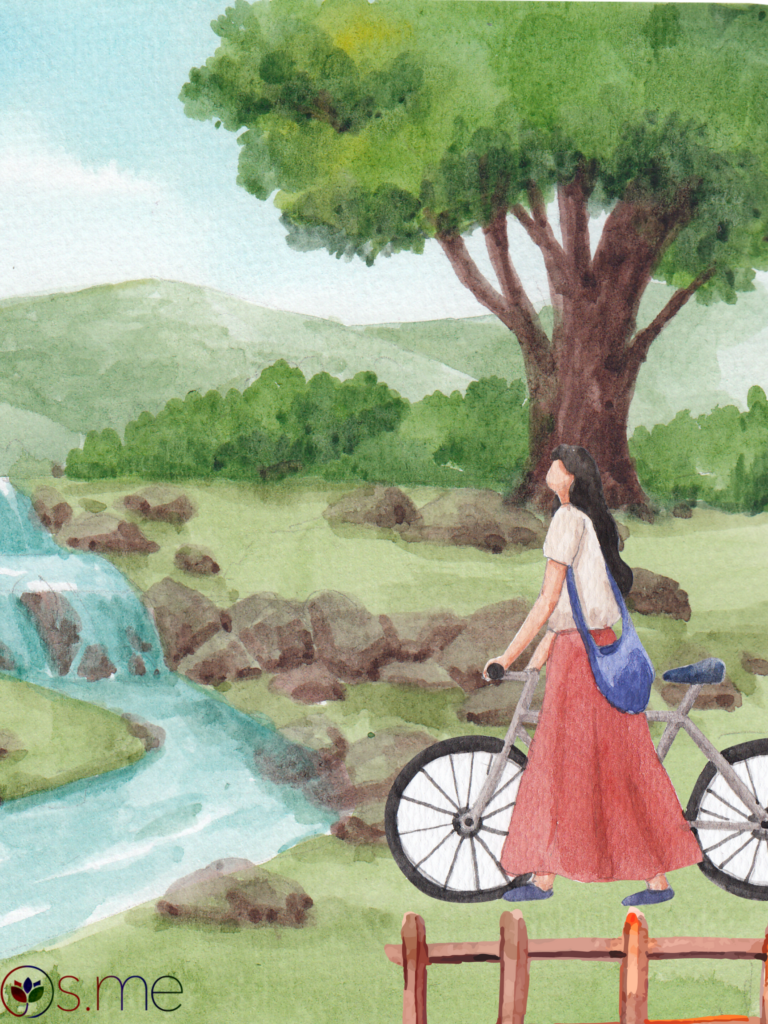
Life is Suffering
If life wasn’t suffering, and the prospect of death wasn’t there, there would be no need for that spiritual component.
Here’s the problem: life is suffering. We all know this, and yet we want to find happiness. We want to believe there’s a silver lining or someone who can tell us how to get there.
But if you look at how things are, it becomes clear that what we learn about happiness isn’t true. It’s precisely the opposite of what leads to happiness – which means that if we want absolute joy in our lives, we need to stop chasing the wrong things.
What gives meaning to the myriad of pains and difficulties we face? Can we find anything positive from this view that life is suffering?
It’s a paradox. We live in the 21st century, living longer than ever and much more comfortably. But we can still say with confidence that life is suffering. So what exactly does this saying mean? Who was the first person to utter it, and why? If we dig deeper into the meaning of it all, we might find some answers worth sharing.
Buddha on ‘Life is Suffering’
Many of us believe that living a happy and enjoyable life is possible without suffering. We believe that if we could end our grief, we would be able to enjoy a peaceful and happy life. But according to Buddhism, the truth is quite the opposite. Buddha taught that there could not be life without suffering because of the very nature of life.
Life is suffering.
It is the very first noble truth that Buddha taught, and it has been repeated by all of his followers since then. This truth is just one of the four noble truths, which are the essence of the Buddhist teaching. They are:
- There is suffering in life;
- The origin of suffering is craving and aversion;
- Suffering can be ended by letting go of craving and aversion; and
- There is a path to end suffering – known as “The Noble Eightfold Path.”
According to these teachings, there cannot be life without suffering because humans will have cravings and resistance as long as we have a body and mind composed of the five aggregates (form, feeling, perception/consciousness, volitional formations, and consciousness-materiality).
Two things condition life:
- Karma: We reap what we sow. Every action reacts; every effort generates a certain force that propels us into future actions and reactions, thus creating our patterns of karma. As we have seen, karma is not just a one-time deal; it is constantly working to determine our fate in life.
- Samsara: We are trapped in the cycle of birth and death unless we free ourselves from its clutches by attaining nirvana or enlightenment (via meditation). The essential teaching of Buddhism—is that life itself is suffering because it always leads to death and decay (dukkha), so why not get out now?
The problem with this view of life is that it ignores the authentic fact that we all have free will. We can choose to do whatever we wish and remain responsible for our actions—no matter how much they may be affected by karmic forces.
Suffering comes in many forms.
Birth is painful, growing up involves pain and frustration, illness brings pain and anguish, old age is painful and death causes great grief to those left behind. These are the obvious forms of suffering. Life also involves subtler forms of pain: not getting what we want, attachment to people and material possessions, constant change causing difficulty in adapting, etc.
Craving or aversion causes us difficulties when they are not satisfied (or even if they are). Naturally, we try to avoid them; but this leads only to more problems since our attempts at avoidance often result in further suffering from frustration or guilt, which in turn leads back towards more craving or aversion! It sounds like an endless cycle.
Life therefore means suffering.
But this is not a simple statement to accept. It is not easy to understand, and it can be challenging to accept as the truth. The challenge is that we are so firmly attached to our way of perceiving life as something pleasant and full of happiness.
We want our lives to go well; we want things in life to be good for us all the time; we don’t want any suffering at all. But if you think about it, this attachment causes you more grief than anything else!
If you hold on tightly to your desire for pleasure and do not let go – no matter how small or trivial – you will continue creating and experiencing more physical pain, mental anguish, and emotional stress.
Eventually, they build up so much that they become overwhelming and even debilitating (as described above). So what can one do about this? What path does one follow to end their suffering once and for all?
Understanding the Four Noble Truths can help you deal with problems in life more efficiently, and understanding them can lead you to enlightenment, according to Buddhism.
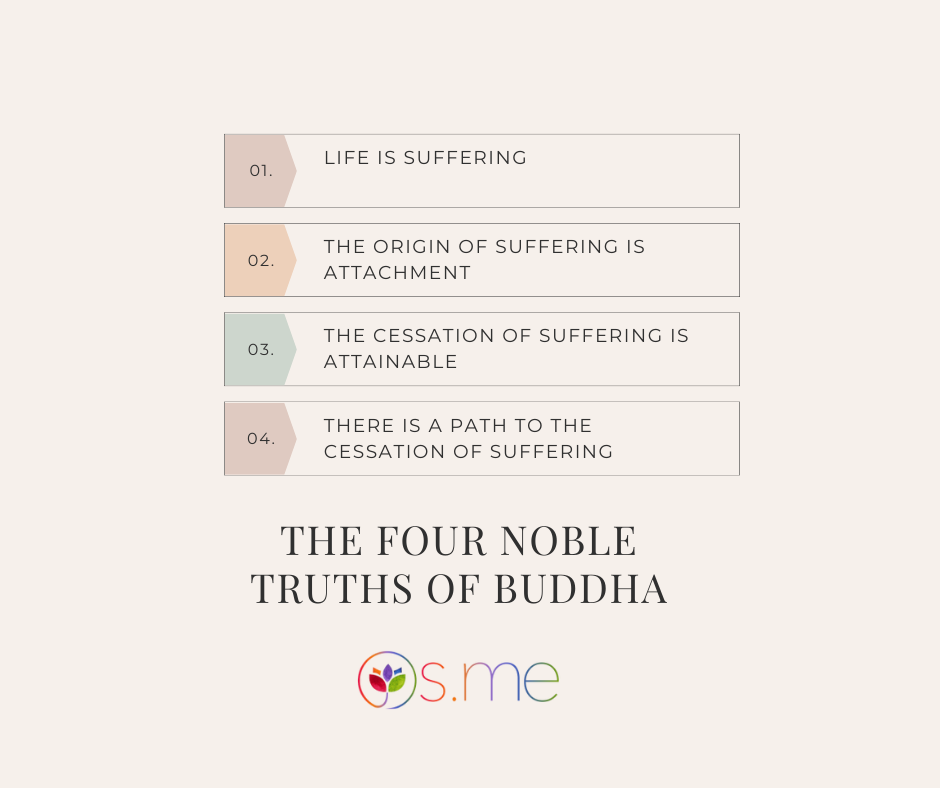
The four noble truths are the Buddha’s teaching of ending suffering ultimately. They are:
- The truth of suffering (dukkha) – means that life is not always happy and pleasant. We have to face problems and challenges in our lives—sometimes big ones!
- The cause of suffering is attachment to things being a certain way or our expectations about how people should behave or what will happen in the future. When we expect things to be a certain way and they’re not, we get disappointed and upset. It can also occur when we get attached to someone expecting them to act a certain way (for example, thinking they should love us back) or believe something will turn out a certain way (like believing there’ll be no more war).
- The end of suffering is enlightenment (nirvana). Enlightenment happens when we realize that everything changes constantly; nothing stays as it was before—not even ourselves! As I type this sentence, my ideas change as new words come into my head; later on, someone else might read this essay and think differently than I do now! In fact, if you look closely enough at anything, you’ll find impermanence everywhere–even though most people don’t notice because they’re too busy worrying about things like paying bills or finding love instead 🙂
- Attaining freedom from attachment through meditation practice so that happiness doesn’t depend on external conditions such as wealth or relationships with other people but rather comes from within ourselves through wisdom gained through study
Understanding the Four Noble Truths can help you deal with problems in life more efficiently, and understanding them can lead you to enlightenment. These truths are not only to be a roadmap for living a meaningful life but also offer a framework upon which to understand suffering.
Suffering is due to craving and aversion.
Craving and aversion are the causes of dukkha. When we crave what we don’t have, it leads to suffering. We continuously change, so anything we desire will eventually change or be taken away from us.
Craving also leads to attachment, which can lead to hatred when our desires stay unfulfilled.
For example: If you’re hungry and craving food but only have a small amount of money to buy it, you might become angry that there isn’t enough money for both food and a ticket home (where your family is). This anger is the outcome of your attachment or craving for something else—eating before going home.
Aversion is the opposite of craving: It means disliking something without wanting it. Aversion creates another kind of suffering because it sprouts out of fear rather than desire; if someone fears losing a job.
Suffering can end by letting go of craving and aversion.
By removing attachments to self, we can remove suffering. We must let go of our desire for things to be different than they are because this desire leads to further suffering. We must let go of the idea that there is a self, ego, or ego-self complex which will suffer if certain things happen to us or do not happen to us.
Letting go of attachment is one way of letting go of desire and fear—and thus one way of ending suffering—but it isn’t the only way. Another technique involves examining your thoughts as they arise in your mind to determine whether they are helpful or unhelpful.
The middle path, the middle way
The middle path is the path of moderation, and it leads to enlightenment. It’s not about being in the middle of two extremes; instead, it’s about seeing things as they are and accepting them. Finding a balance between the way things are and what we wish they would be is what makes up the middle path.
There is a path to the end of suffering.
The Buddha outlined this eightfold path: right view, right resolve, right speech, right action, right livelihood, right effort, and so on. The Noble Eightfold Path brings you closer to liberation from suffering by helping you understand what causes it, changing your attitudes toward life, and putting certain moral precepts that lead to more positive actions and thoughts.
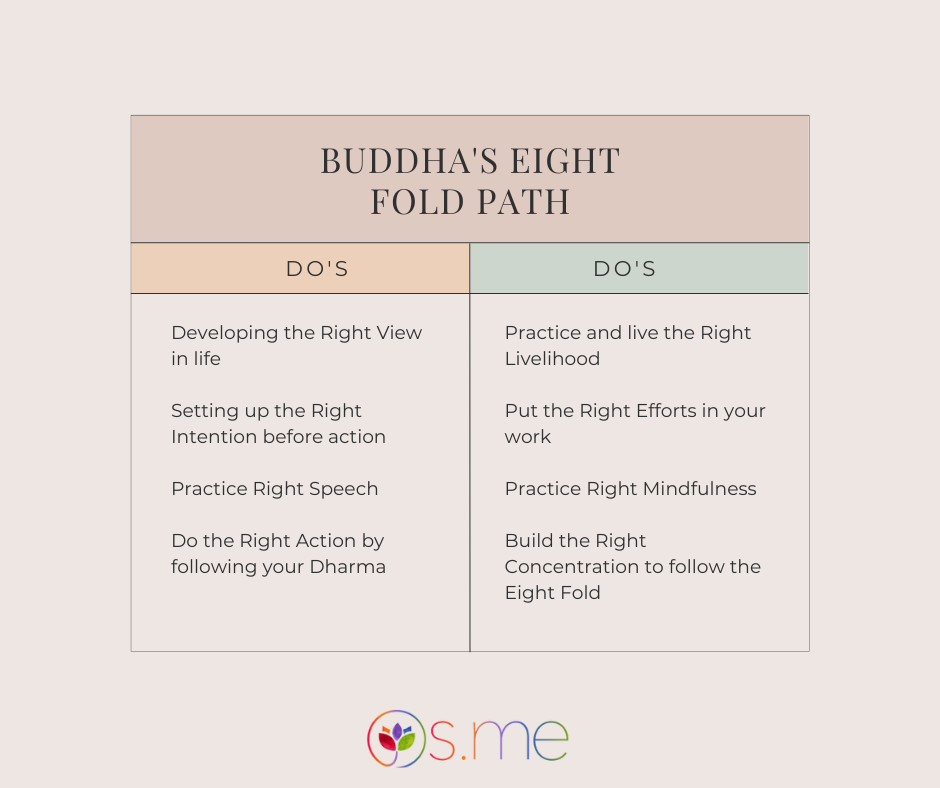
Arthur Schopenhauer on ‘Life is Suffering’
‘life swings back and forth like a pendulum between pain and boredom.’
Schopenhauer quotes Lucretius:
It is a joy to stand at the sea, when it is lashed by stormy winds,
To stand at the shore and to see the skipper in distress,
Not that we like to see another person in pain,
But because it pleases us to know that we are free of this evil.Source: Aeon
Schopenhauer’s philosophy of the “Will” emphasizes a deep and insatiable aspect of life: the need for a constant stream of pleasure. This pleasure, however, is not constant, and it seems that just as we get close to satisfying it, it slips away from us. All we are left with is the pain of unfulfillment. Schopenhauer’s idea is that all we can do is find a way to drown out the pain of life in order to pass the time. In this sense, all pleasures are really just distractions from the pain of living.
Jordan Peterson on ‘Life is Suffering’
Life is suffering, right, indisputable, what do you do about that? You voluntarily accept it and then strive to overcome the suffering. You do that in a way that makes it better for other people and then one question might be how well does it work and the answer is that the only way that you can find out is by trying. That’s the extension element of it – the proof is to be derived by the incarnation of the attitude in your own life. No one can tell you how it will work for you, it’s your destiny to discover that and you have to make the decisions to begin with.
Source: Jordan Peterson Quotes
Peterson’s message is one of truth and meaning: he encourages people to find meaning in life by accepting life’s inherent suffering as a starting point. Rather than focusing on happiness, which he says is an impossible goal because it’s always just out of reach, you should focus on your strengths and weaknesses. You should also make sure you don’t fall into the traps that the world lays out for you—you know, like mindless consumerism or letting your personal relationships fall apart. These things are all preventable through hard work and acceptance of what’s in front of you.
Friedrich Nietsche on ‘Life is Suffering’
“Man, the bravest of animals, and the one most accustomed to suffering, does not repudiate suffering as such; he desires it, he even seeks it out, provided he is shown a meaning for it, a purpose of suffering. The meaninglessness of suffering, not suffering itself, was the curse that lay over mankind so far.”
Source: Friedrich Nietsche quote
Friedrich Nietzsche is most widely known as the philosopher who coined the phrase, “God is dead.” This philosophy has several meanings; he also defined “God” in different ways throughout his lifetime. The most common interpretation of Nietzsche’s famous statement is that humans are capable of creating their own meaning, or filling the role of God, in their lives. He believed that life was not meant to be easy for man, as this would ultimately lead to a life of mediocrity. In his book, Beyond Good and Evil, he expressed his belief that individuals should focus on becoming stronger rather than seeking pleasure, because pleasure is fleeting. Instead, finding what makes you happy and building upon that will lead to a more fulfilling and meaningful life.
According to this philosophy, you should focus on what you can personally control and find your happiness in that instead of letting yourself become overwhelmed by the negativity around you. People have a tendency to take things out on others when they feel they cannot control the situation themselves. By focusing on what you can change and improving it, rather than worrying about things beyond your control and letting them bring you down, you will be happier in the long run.
Om Swami on ‘Life is Suffering’
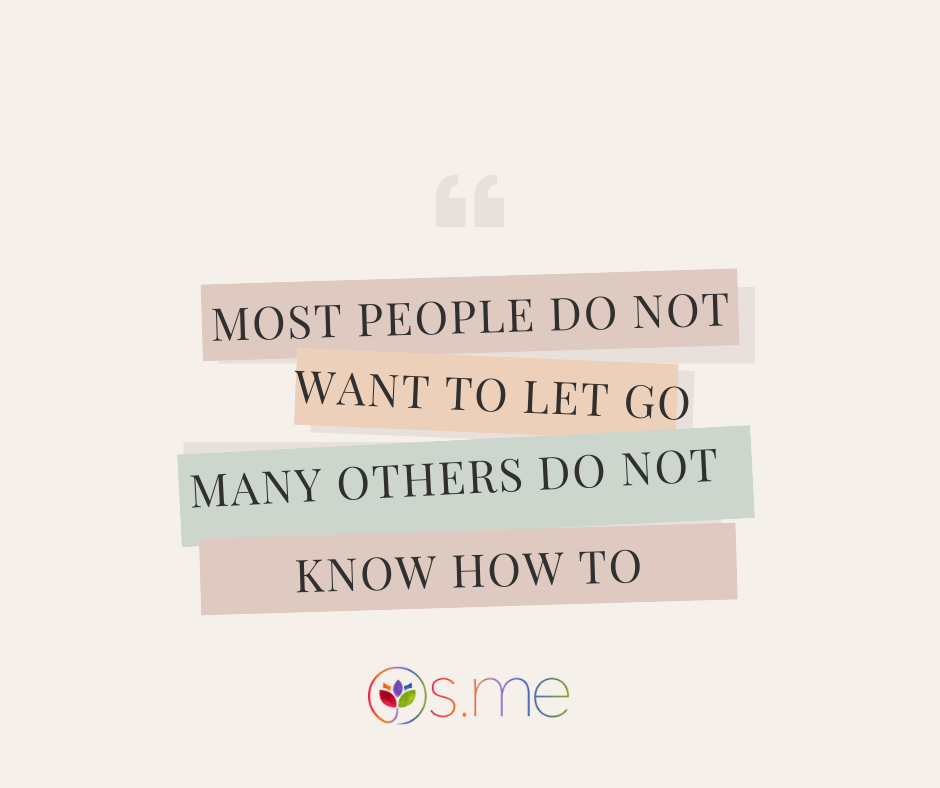
Like everything else, detachment can be learned. It is possible to learn to live in a detached fashion with the practice of tyāga. It is easier than you might think. All you have to do is follow the practice outlined and see the results for yourself. For the purpose of better understanding it and to make this a tangible practice, I am going to segregate the practice into two parts. First is letting go of physical objects. This strengthens one’s mind. Second is letting go of thoughts or emotions.
What Do You Think About Life Is Suffering?
Trending questions and insights from os.me community on ‘Life is suffering’.
Are you finding it difficult to find the answers to your questions? Be inspired by real people and their personal stories. Share your own life experiences or share your ideas with others and gain meaningful insights. Join the os.me community.
What was the biggest hardship/struggle/suffering in your life, and how did you overcome it?
I was the first student in my entire school to outright flunk high school grade 12! The shame was unbearable. I had to retake my grade 12 the next year. The same year I failed grade 12 was when I discovered autobiography of a yogi! That saved me…eventually I ended up going to Harvard..yup..it was all grace and nothing but grace. Read the answers or ask a question.
When can suffering be good for us?
Most of us are all wired to avoid suffering. Yet suffering happens. Can you share your personal experience when suffering was necessary and good for you? How does one relate to adage “pain is inevitable, suffering is not”? Read the answers or ask a question.
Is suffering necessary for the path of human condition?
Suffering occurs when we are unable to accept certain things happening to us in life. No suffering happens in dreams – there could be pain or fear, but no suffering. This is because we don’t analyze events while in dream; we just live through it. The same way, if we can live through the dream of life, without analysis of the seemingly unacceptable parts, we wouldn’t experience suffering. Read the answers or ask a question.
Are our present conditions due to our past life karmas?
I try to keep it simple here. Do your best to do good karma now and you sow the seeds of peace for the future. Engaging in our negative tendencies now is watering our bad samskaras, so those would then become active. The past is dead and the future is unknown – all we can try to do is make each passing moment peaceful. Besides, in the grand scheme of nature, our perspective may not be capable of discriminating if our current situation is due to good or bad karma. Sometimes an easy and comfortable life may prevent us from taking the spiritual path, so who is to say your comfortbale life is due to good or bad karma? Sometimes our suffering could even be a blessing as it guides us to the spiritual path, and sometimes acts as an accelerant too. Read the answers or ask a question.
Seeing suffering around me, I became agnostic
I help feed dog around my house. Seeing young dogs suffer out of hunger, i remembered what swamiji has written in his memoir that “truth of this world is hunger.” (when he ate mangoes and was with Naga Baba, i don’t remember exact words) Seeing dogs suffer out of hunger, i questioned my belief system and took a hard look at it, Will i as a father let my child suffer out of hunger? The answer that came from my own conversation was loud and clear “NO”. Then why does God, all loving and caring allow these animals to suffer? Probably past life Karma, maybe. But if i were a loving parent and all powerful, i would take all bad karma of my kids onto me and liberate them all from suffering of hunger and every other suffering.(I read somewhere that Om Swami takes Karma of his disciples and suffers for it and if he can do that out of love, then why couldn’t God take all bad karmas of beings of all universes.) If God could manifest itself in human body as Krishna, then why couldn’t he do all of the above things?
Maybe, separate God doesn’t exists at all. We are all Gods. Even if separate God exists, separate from all beings, sitting up there. He is all powerful but it is not all caring and all loving. Loving and caring is human need and not god’s need. Or else there is no such thing as God.
The only loving and caring person unconditionally i find today alive is Om Swami.
Maybe there is no God and i would be better person by being Agnostic.
Do share your views. I would love if Om Swami address my question and tell if it is चिंतनीय or अचिंतनीय? Read the answers or ask a question.
What's been the thing that you lean on when life gets hard?
Amy Copeland a story I read long ago, of a beautiful lady who lost it all, far more than I could fathom losing. She and her story are so strong that I can literally pull strength, as in borrowed, and it moves me along. She is so much of a role model, God Bless Her! Read the answers or ask a question.
What worked for you when suffering in panic, anxiety and depression?
I have been diagnosed with recurring depression and seeking psychotherapy for the same. I have frequent bouts of anxiety and panic around my professional life.
Can you share from your experience what has worked for you if you have experienced anxiety and depression in the past?
The things I’m trying at the moment are:
1. Kriya Yoga – consists of pranayam and meditation. Have been practicing for the last 8 years. It helps mostly but still depression keeps recurring.
2. Trataka – started it recently based on Swamiji’s book When All is Not Well.
3. Exercise – I do moderate exercise 4 times a week.
4. Yoga – I practice it about 3-4 times a week.
Even with all these my depression keeps recurring. Please suggest anything that might’ve worked for you for the long term 🙏🏻. Read the answers or ask a question.
Letting go - My journey through grief over years
In 1996, my father visited my tiny apartment in Hong Kong one last time. We bonded over books, deep conversations and vegetarian dim sums. One week into his trip he suddenly told me he wanted to go back to India. No amount of convincing worked. Flights were full and he was not willing to wait. With a lot of difficulty, I managed to get two tickets and my parents flew out the next day inspite of my protests.
That night I dreamt that my father had passed away sleeping in his bed in my home in Mumbai while I was by his side. I woke up very upset with myself not knowing what to make out of the dream. Next morning my sister called and said that my father had been admitted in the hospital and I should come home as soon as possible. Read this personal story.
There is no teacher like suffering
For most parts of our life, we are content living in loops. Small loops of day-to-day living until one day something forces us to change. Some tragedy or some event in our life that we did not want to happen in the way it has unfolded. This forces us to make changes in our life, which we did not want to make.
These are the events which if we closely inquire into, will tell us the truth of our small petty lives. These are the moments when we can realize the temporary nature of everything we call me or mine in this life. Read Role of suffering in our life .

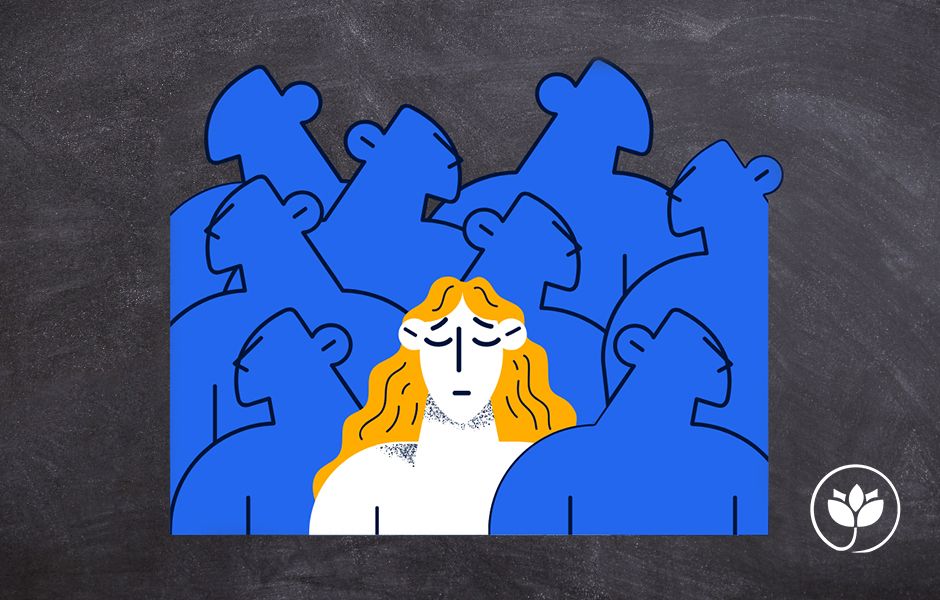
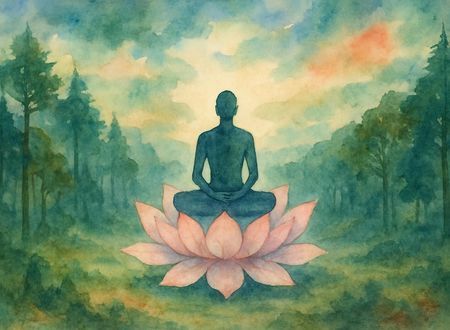
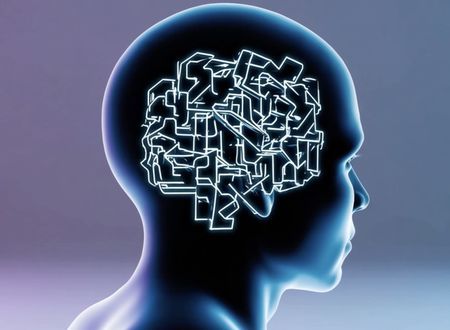





Comments & Discussion
0 COMMENTS
Please login to read members' comments and participate in the discussion.